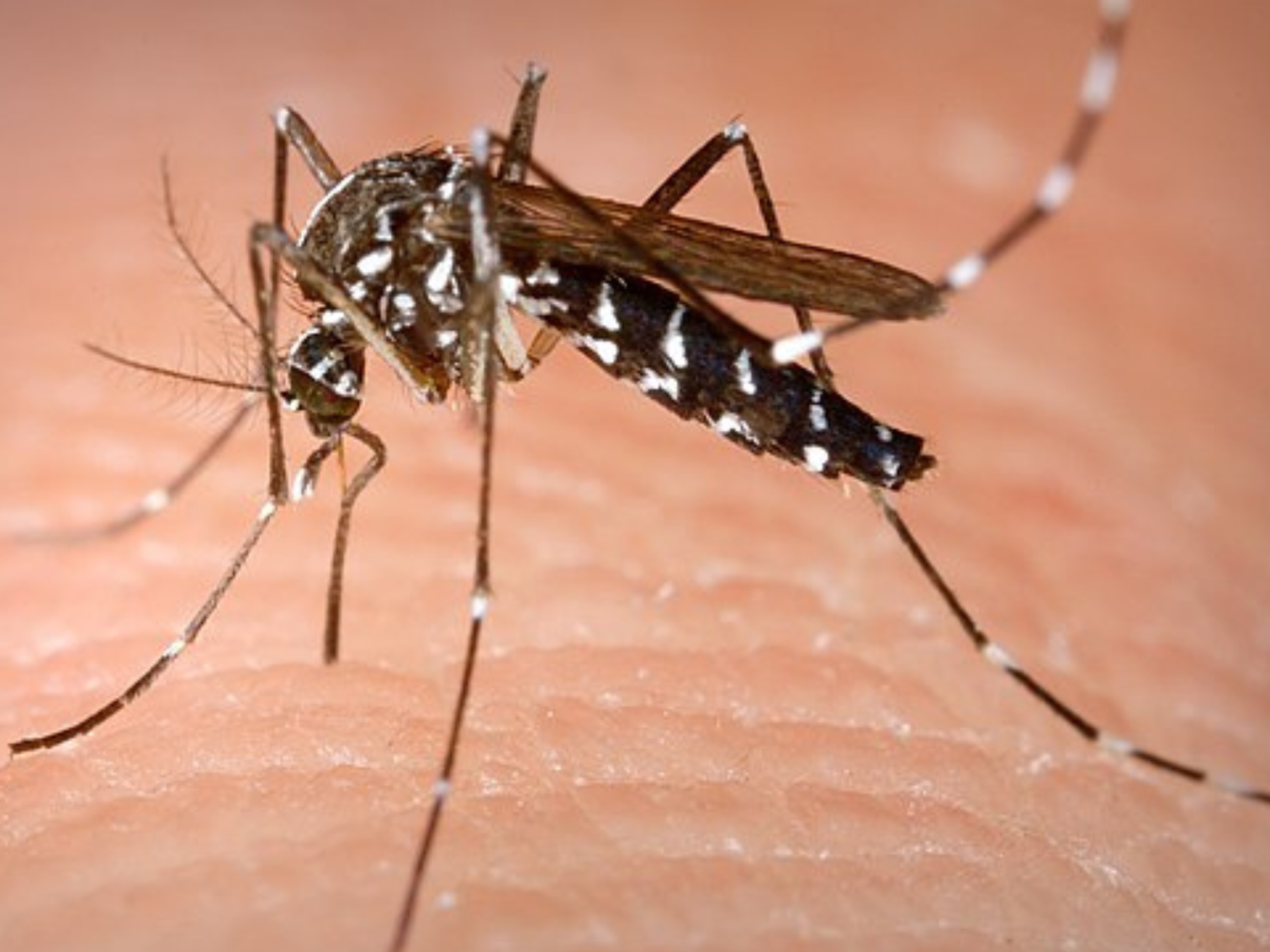UK receives record number of asylum claims after 'increase' in migrant Channel crossings
The Home Office say asylum claims are higher than levels seen before the pandemic with a total of 37,562 applications made in the year to September
Don't Miss
Most Read
Asylum claims in the UK have hit their highest level for nearly 20 years, fuelled by soaring Channel migrant crossings and a rise in numbers following the coronavirus pandemic.
The backlog of cases waiting to be dealt with is also at a record high, according to new figures from the Home Office.
A total of 37,562 applications were made in the year to September – more than in any 12-month period since the year to June 2004 (39,746) and higher than the numbers seen at the peak of the European migration crisis in 2015 and 2016 (36,546).
The latest figure is up 18% on the year to September 2020 (31,966), although this will have been affected by the coronavirus pandemic amid restrictions on movement. There were 35,737 applications for the same period in 2019.
The Home Office said: “The increase in applications is likely linked in part, to the easing of global travel restrictions that were in place due to the Covid-19 pandemic, and to an increase in small boat arrivals to the UK (of which almost all claim asylum).”
Applications had fallen “substantially” during the initial coronavirus outbreak but have since increased and are now higher than levels seen before the pandemic.
Covid-19 had a “significant impact on the UK immigration system” both on restricting migrant movements to and from the UK but also on “operational capacity”, the department added.
The Migration Observatory at the University of Oxford said the sharp increase in Channel crossings was a “key factor in pushing up the number of asylum applications in the third quarter of 2021”.
There were 15,104 asylum applications in July to September 2021: up 74% on the same period in 2020 (8,657), and the highest quarterly total since January to March 2003 (15,856).
The record for quarterly applications is 22,760 in October to December 2002 – at a time when a rise in claims was “partly driven by military action, conflict or political unrest in countries such as Iraq, Afghanistan, Zimbabwe and Somalia”.
More than 25,700 people have made the dangerous journey across the English Channel to the UK in small boats this year – three times the total for the whole of 2020, according to data compiled by the PA news agency.
Last week, one of the Government’s immigration ministers told MPs that migrants boarding small boats to get to the UK is becoming the “route of choice for facilitations by evil criminal gangs”.
A total of 67,547 asylum applications were awaiting an initial decision at the end of September – up 41% year-on-year and the highest since current records began in June 2010. A further 3,261 were awaiting a review, which includes some of those waiting to receive decisions about appeals.
Some 62% of cases (44,018) have been waiting for an initial decision for more than six months.
Separate Home Office figures show the overall number of cases in the asylum system – including cases awaiting the outcome of appeals and failed asylum seekers due to be removed from the UK – stood at 125,316 at the end of June 2021, up 14% year-on-year and more than three times the number a decade earlier (37,903 in June 2011).
Some 510 people were granted protection in the UK through resettlement schemes in the three months to September – the highest quarterly number since the pandemic began, but well below the equivalent period in 2019 (1,400).
A total of 1,171 people were resettled in the year to September, down 46% on the previous 12 months.
Marley Morris, who leads on migration work for think tank the Institute for Public Policy Research (IPPR), said the figures highlight the “systemic problems” with the UK’s asylum system and the “limited safe routes available for refugees seeking to come to the UK”.
The Prime Minister’s official spokesman said the figures show “we are right to take the sort of action we are through our Bill. We believe that the system that is currently operating is broken and it needs to be addressed”.
The statistics “demonstrate the complex scale of the global migration crisis” and Thursday’s tragedy, in which French ministers said 27 people died at sea, “serves as the starkest possible reminder” of the dangers of the crossing, a Government spokesman added.
He said: “Only our Nationality and Borders Bill will ensure we are fair to those in genuine need and break the business model of criminal trafficking networks.”











